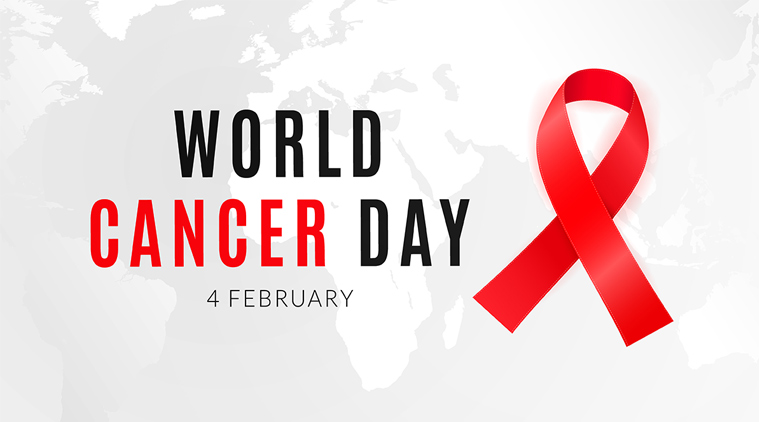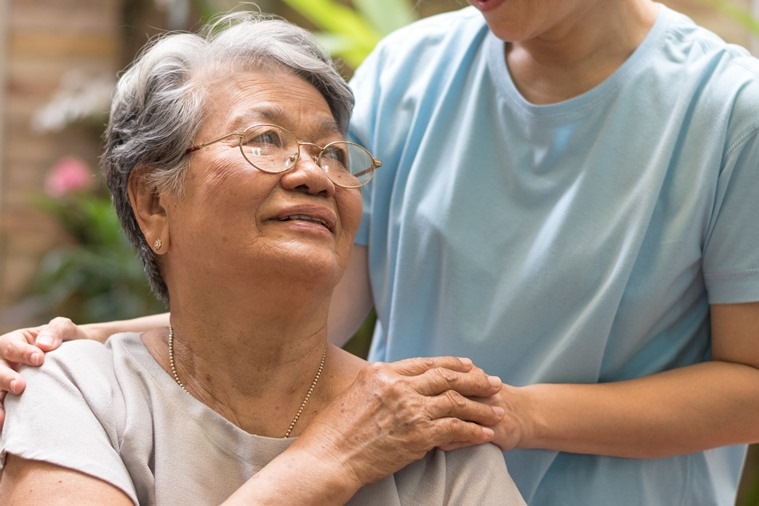 The program also provides support and counselling to family and friends to ease the grief related to their loss. (Photo: Thinkstock Images)
The program also provides support and counselling to family and friends to ease the grief related to their loss. (Photo: Thinkstock Images)
World Cancer Day 2020: Dealing with a terminal illness can take all of one’s energy, whether it is the patient or someone close to them. There is just so much to accept and unlearn in the challenging circumstances. How do you help the person cope with an imminent loss? How do you deal with grief?
This is where hospices for cancer patients come into play. Dr Meenu Walia, Medical Oncologist, Department of Medical Oncology & Hematology at Max Super Specialty Hospital, New Delhi tells the “The hospice is an approach to care. It can be offered at home or in a facility such as a nursing home, hospital or a separate hospice centre. It brings together a team of skilled nurses, doctors, social workers, spiritual advisors, and trained volunteers who work together with the terminally ill patient and their caregivers to provide the medical, emotional, and spiritual support needed.”
What is hospice care?
 The term ‘hospice’ merges from the Latin term “hospitium” which translates into a guesthouse. (Photo: Thinkstock Images)
The term ‘hospice’ merges from the Latin term “hospitium” which translates into a guesthouse. (Photo: Thinkstock Images)
Designed to provide supportive care to those who are in the final stages of their terminal illness, the focus lies on comfort and holistic well-being rather than aggressive pain control methods. with a multidisciplinary approach. A team of professionals work together to manage symptoms during the last months of the patient so that they spend their remaining days with dignity, respect and quality, surrounded by their dear ones. It is intimate and family-centred, where everyone comes together to reach a consensus. Dr Meenu Walia mentions, “It is suggested for patients whose disease is at a critically advanced stage and the treatment is not working or it is not likely to work.”
The term ‘hospice’ merges from the Latin term “hospitium” which translates into a guesthouse. Originally, a place of shelter for travellers who were weary from religious pilgrimages, in the 1960’s, Dr Cicely Saunders spearheaded the hospice movement by organising a team that specialised in caregiving. It was the first programme that used modern pain management techniques for those suffering from a terminal illness.
What is palliative care?
 Palliative care specialists in turn help families and friends cope and give them the support they require to sail through tough times. (Photo: Thinkstock Images)
Palliative care specialists in turn help families and friends cope and give them the support they require to sail through tough times. (Photo: Thinkstock Images)
Specialists in palliative care are health care practitioners who have garnered special knowledge or certification in this area. Those suffering from cancer receive this care at any given point of time, right from diagnosis and beyond, even during treatment. What sets this apart from hospice care is the fact that it extends to the patient’s family as well, with the aim to improve a quality of life for both. The emotional and physical effects of cancer vary from person to person and this type of care integrates the patient’s specific needs with that of the family, focusing from physical needs to emotional and spiritual. Not only issues like loss of appetite, nausea and shortness of breath are taken into account but palliative care specialists also focus on helping the patient and family members to look for the deeper meaning of life and spiritual values.
Specialists also play the role of caretakers when it gets difficult for family members to take care of their sick relative. Palliative care specialists in turn help families and friends cope and give them the support they require to get through tough times.
How is hospice care different from palliative care?
 Everything within the jurisdiction of hospice is palliative in its approach but not everything palliative is hospice. (Photo: Thinkstock Images)
Everything within the jurisdiction of hospice is palliative in its approach but not everything palliative is hospice. (Photo: Thinkstock Images)
It is easy to get confused between hospice and palliative care because the two are alike in many instances. In a way, everything within the jurisdiction of hospice is palliative in its approach but not everything palliative is hospice.
However, the basic difference is that hospice care focuses on the last leg of the illness i.e when life expectancy can be measured in months and not years. This is where it is determined that cure no longer suffices and the aim is to make the remaining time as comfortable as possible by providing help in times of emotional and spiritual distress.
While palliative care also aims at enhancing the quality of life of patients and their family, it is delivered with aggressive therapies during the diagnosis and beyond. Essentially, a hospice works to help terminally ill patients spiritually and emotionally in their final stage, while palliative care extends it to family members of the patient, whether terminally ill or not.